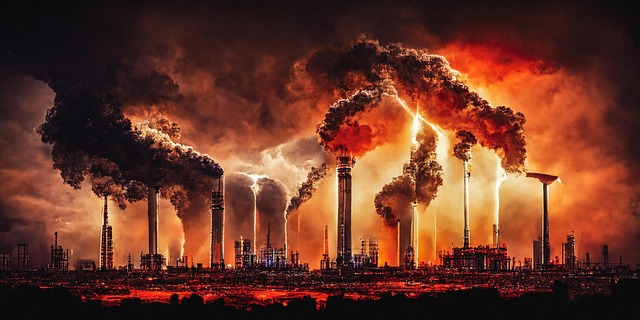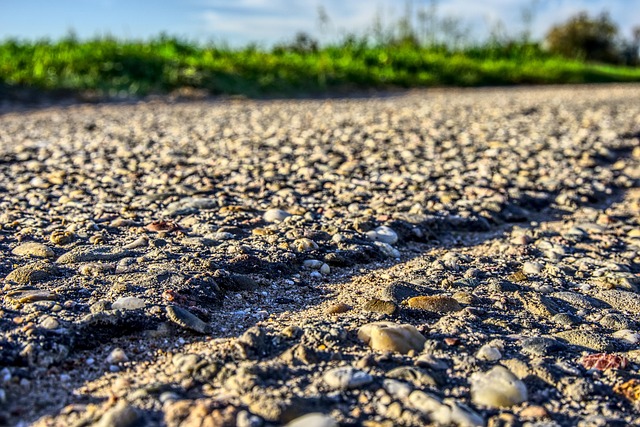The world is currently facing a critical moment, grappling with the water crisis that has emerged as one of the most pressing issues of our time. As extreme weather patterns become increasingly prevalent due to climate change, the battle for access to clean and safe water intensifies. Droughts, floods, and erratic rainfall patterns wreak havoc on regions unable to adapt to these dramatic climatic changes, leaving millions in dire need of this essential resource.
Climate change is not merely a distant threat; it is here and now. As temperatures rise, glaciers melt, and weather patterns shift unpredictably, the implications for our water supply are profound. Communities around the globe are already experiencing the harsh realities of this crisis, with many regions becoming arid wastelands while others drown under torrential downpours that overwhelm infrastructure. These extreme weather events highlight the fragility of our water systems and the urgent need for sustainable solutions.
For those living in affected areas, the emotional toll of the water crisis is palpable. Families are often forced to make heart-wrenching choices: whether to spend their scant resources on water or on food; whether to stay and hope for relief, or to migrate in search of better conditions. This humanitarian aspect of the water crisis brings the message home—every drop counts, and with it comes the lives and livelihoods of countless individuals.
In light of these challenges, addressing the water crisis must take precedence in our environmental discourse. We need to promote innovative conservation methods that ensure access to clean water for all. This includes investing in rainwater harvesting systems, improving water recycling technologies, and implementing better irrigation practices to help agriculture thrive under changing climates. By raising awareness and mobilizing communities, we can collectively work toward resilient water management systems that withstand the trials of extreme weather.
Furthermore, understanding the relationship between climate change and the water crisis is crucial. As our planet warms, we must advocate for policies that prioritize the environment, promote sustainability, and address carbon emissions. By mitigating climate change, we can lessen the severity of weather extremes and ultimately safeguard our vital water resources.
As the impacts of climate change continue to unfold, the urgency to confront the water crisis has never been more critical. It is not just about securing our present; it’s about ensuring a sustainable future for generations to come. The conversation around water should ignite action and inspire innovative thinking, urging societies worldwide to unite in solidarity to confront this crisis head-on.




